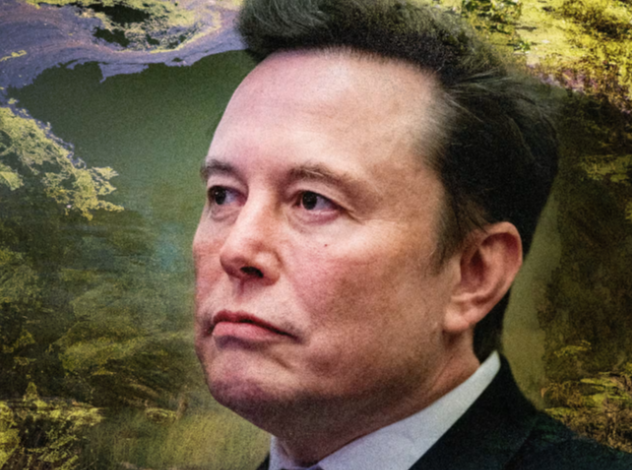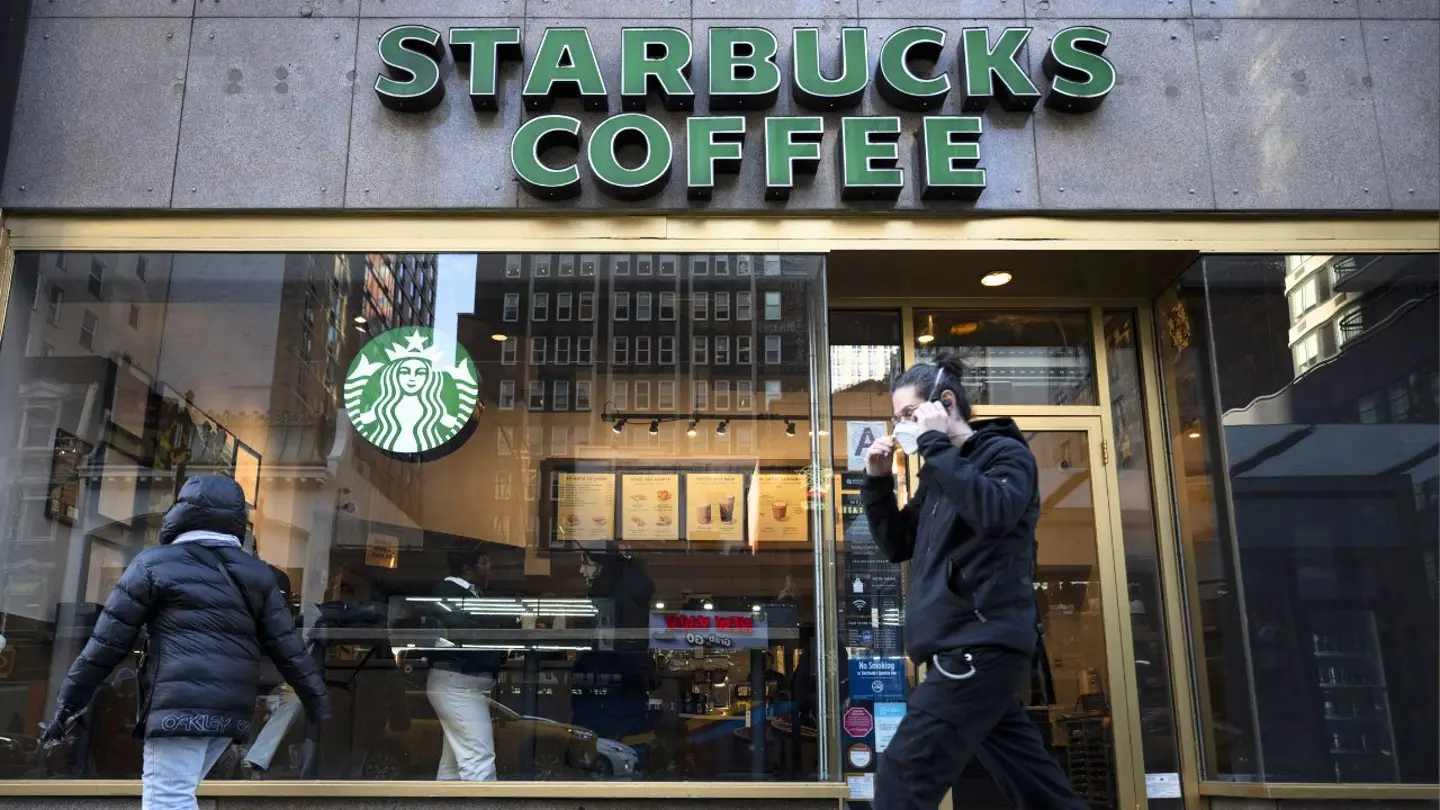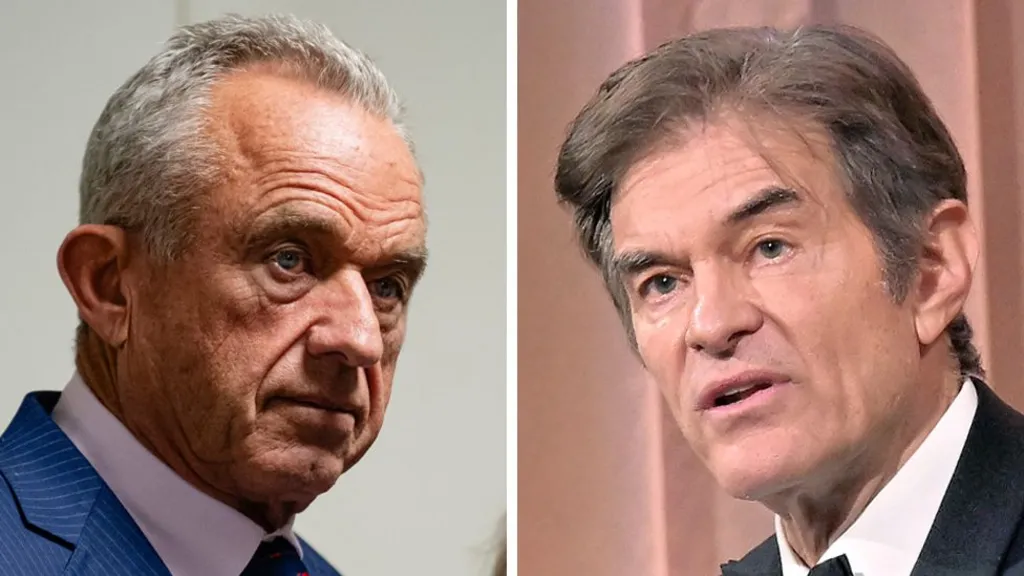Musk’s Vision Faces Environmental Scrutiny Amid Tesla’s Growth

Elon Musk, the entrepreneurial force behind Tesla, SpaceX, and other ventures, has long been lauded for his innovative contributions to green technology and renewable energy, the Wall Street Journal reports.
Yet, as Tesla ramps up production at its massive Texas Gigafactory, reports of environmental compliance issues highlight the complexities of balancing rapid industrial growth with sustainability.
While Musk’s companies are celebrated for their transformative impact, critics argue that Tesla’s operational practices sometimes skirt environmental regulations, raising questions about corporate responsibility. The recent concerns, including pollution violations at the Texas Gigafactory and earlier incidents in California, point to a broader tension between Musk’s vision for accelerating innovation and the environmental standards that govern such advancements.
Tesla’s Gigafactory in Austin, Texas, is a linchpin in the company’s ambitious goal to produce 20 million electric vehicles annually by 2030. However, the facility has faced scrutiny for alleged environmental lapses during its production ramp-up.
- Air Pollution: A malfunctioning furnace door in the factory’s casting shop reportedly spewed toxins and contributed to unsafe working conditions.
- Hazardous Wastewater: Regulators identified untreated wastewater containing harmful chemicals being released into Austin’s sewer system, prompting state investigations.
These issues were compounded by allegations that some Tesla managers prioritized production over compliance, even allegedly staging temporary fixes to pass inspections. Tesla has since taken corrective actions, and the Texas Commission on Environmental Quality (TCEQ) noted improvements in addressing the violations.
As Musk assumes a leadership position in the federal Department of Government Efficiency (DOGE), some environmental advocates worry that his push to deregulate industries could have unintended consequences. Musk’s public statements criticizing “choking regulations” reflect his belief that certain rules impede progress, but his critics argue that these regulations are essential for safeguarding public health and the environment.
Proponents of Musk’s approach highlight his track record of advancing clean energy technologies, such as Tesla’s electric vehicles and solar initiatives, which align with broader environmental goals. They contend that Musk’s emphasis on efficiency and innovation could streamline cumbersome bureaucratic processes without compromising essential protections.
Tesla’s environmental compliance challenges are not new. In California, the company’s Fremont facility has faced numerous air pollution violations over the years. SpaceX, Musk’s aerospace company, has also encountered regulatory disputes related to wastewater management and wildlife conservation.
Musk’s companies often adopt a “move fast and innovate” ethos that resonates with Silicon Valley culture. While this mindset has driven remarkable achievements, it has also led to tensions with regulators tasked with ensuring safety and environmental integrity.
Musk’s vision for a sustainable future hinges on his ability to reconcile innovation with accountability. Tesla’s rapid growth demonstrates the viability of electric vehicles as a mainstream alternative, and its commitment to renewable energy remains a cornerstone of its mission. However, the recent scrutiny underscores the importance of adhering to environmental standards, even as the company pushes boundaries.








